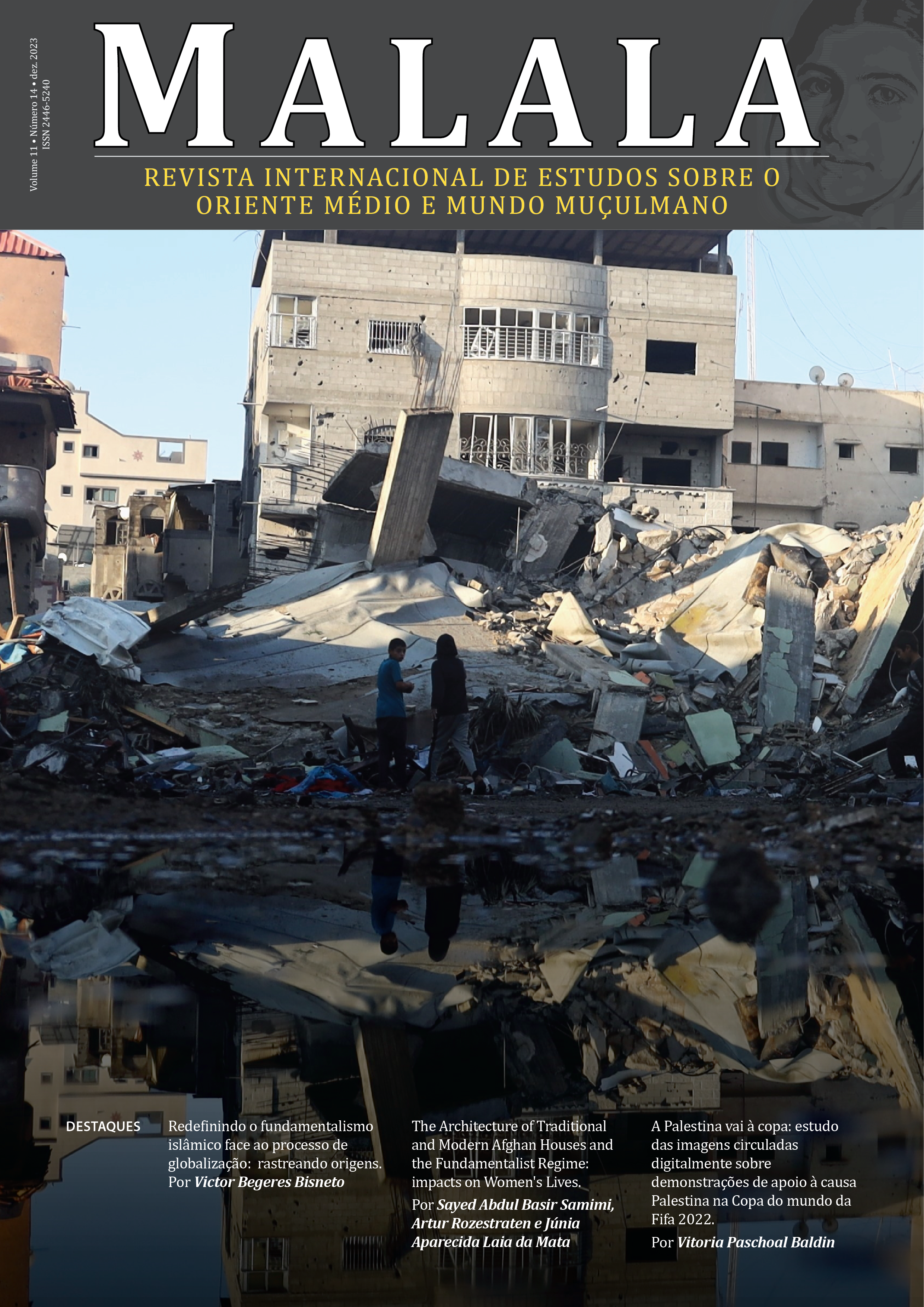Three faces and a hidden voice: the political cinema of Jafar Panahi
DOI:
https://doi.org/10.11606/issn.2446-5240.malala.2023.213675Downloads
References
AGENCE FRANCE-PRESSE. “Diretor Jafar Panahi é libertado sob fiança, após sete meses preso no Irã”. G1, fev. 2023. Disponível em: https://g1.globo.com/pop-arte/cinema/noticia/2023/02/03/diretor-jafar-panahi-e-libertado-sob-fianca-apos-sete-meses-preso-no-ira.ghtml. Acesso em: 26 jun. 2023.
CHALHUB, Sidney. A metalinguagem. São Paulo: Ática, 2006.
COELHO, Renato. “Protestos contra morte de jovem iraniana ampliam pauta e incluem pedido de derrubada do regime e de respeito aos direitos humanos”. Jornal Unesp, out. 2022. Disponível em: https://jornal.unesp.br/2022/10/13/protestos-contra-morte-de-jovem-iraniana-ampliam-pauta-e-incluem-pedido-de-derrubada-do-regime-e-de-respeito-aos-direitos-humanos/. Acesso em: 19 set. 2023.
HAWLEY, Caroline. “‘Agora me visto como quero’: as mulheres que desafiam a polícia da moral no Irã”. BBC News, set. 2023. Disponível em: https://www.bbc.com/portuguese/articles/c2qle4vywq2o. Acesso em: 19 set. 2023.
HIDDEN. Direção: Jafar Panahi. Produção: 3e Scène - Opéra national de Paris. França, 2020. (18 min.). Disponível em: https://www.youtube.com/watch?v=1gAmPQJ5f-A. Acesso em: 26 jun. 2023.
MELEIRO, Alessandra. O Novo Cinema iraniano: arte e intervenção social. São Paulo: Escrituras, 2006.
MONASSA, Tatiana. “Filmar como ato de resistência”. In: MONASSA, Tatiana (org.). Cineastas iranianos: Mohammad Rasoulof e Jafar Panahi. Rio de Janeiro: Stamppa, 2013.
TRÊS faces. Direção: Jafar Panahi. Irã: Jafar Panahi Film Production, 2018. (100 min.), DVD.
XAVIER, Ismail. O discurso cinematográfico: a opacidade e a transparência. 4. ed. São Paulo: Paz e Terra, 2008.
Downloads
Published
Issue
Section
License
Copyright (c) 2023 Thiago Henrique Gonçalves Alves

This work is licensed under a Creative Commons Attribution-NonCommercial-ShareAlike 4.0 International License.
This journal offers free access to its content, following the principle that making free of charge-scientific knowledge available to the public provides greater worldwide democratization of knowledge. No fees will be charged for submitting work and/or publishing in the journal, as well as for reading, downloading, copying, distributing, printing, searching or referencing after publication. Readers and interested parties are free to share (copy or distribute the material in any media and format) and to transform or adapt parts of the material as long as it is for non-commercial use and the appropriate credit is given to the author and the journal, indicating how the data has been used and/or manipulated.





